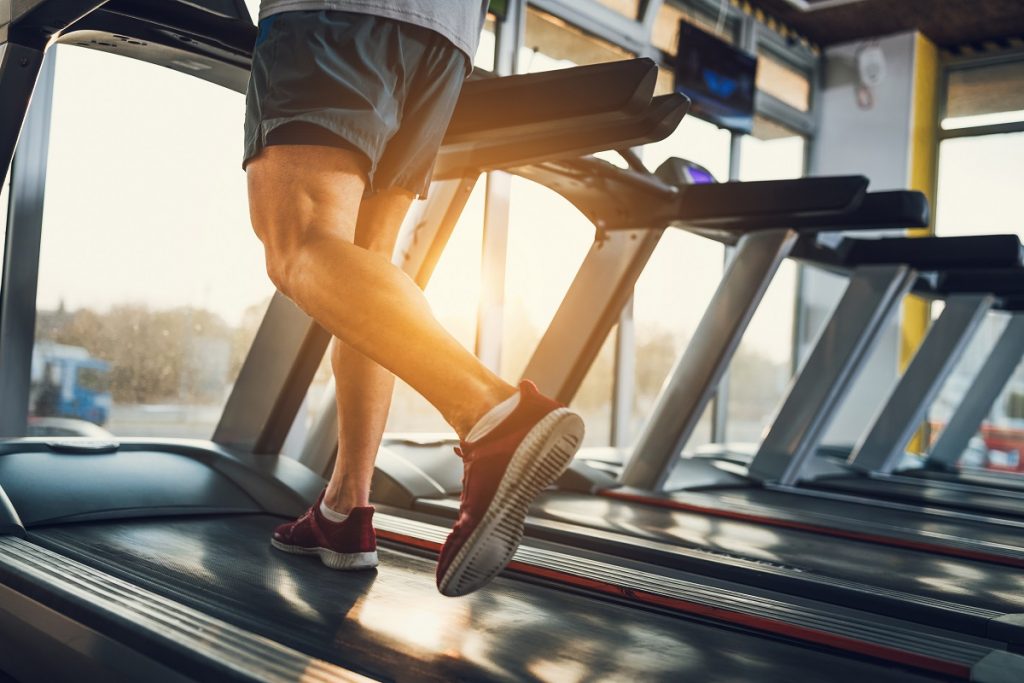- Lack of sleep, poor nutrition, and stress can negatively affect your physical performance and overall wellness.
- Regular exercise, meditation, nature walks, and deep breathing can effectively manage stress levels.
- Dehydration and overtraining can lead to decreased stamina, fatigue, and pain, hindering your physical performance.
- Achieving optimal physical performance requires balance, patience, and attention to your body’s signals, prioritizing rest and recovery.
As a man, you take pride in your physical abilities and performance. Whether in the gym or playing field, you always strive to push yourself to your limits. However, sometimes, you fall short of your goals no matter how hard you try.
You may feel that no matter how much you train, you’re not improving. There could be various factors hindering your physical performance. In this blog, you will learn about the significant factors that can negatively impact your physical performance.
Lack of Sleep
Sleep is essential for both physical and mental well-being. It’s not just the amount of sleep you get but the quality of sleep that matters. If you’re not getting enough sleep, your brain and body won’t recharge properly, leaving you tired and sluggish. This can significantly impact your physical performance, as you won’t have the energy to perform at your best. Aim for at least seven to eight hours of quality sleep per night to avoid this.
Poor Nutrition
Nutrition plays a critical role in physical performance. Your body needs the proper nutrients to function correctly. If you’re not getting adequate nutrition, your energy levels will decrease, and your body won’t have the raw materials it needs to repair and strengthen itself. A balanced diet with plenty of protein, healthy fats, and complex carbohydrates is essential for optimal physical performance.
Stress

Stress is a silent killer that can wreak havoc on your physical performance. When you’re under stress, your body produces cortisol, a stress hormone that can negatively impact your energy levels and immune system. Over time, chronic stress can lead to various physical and mental health issues. Fortunately, there are plenty of things you can do to manage stress. Here are some examples:
Meditation
Meditation has been shown to reduce cortisol levels and increase focus and concentration. It can also help you relax, which is essential for optimal physical performance.
Exercise
Exercising is a great way to release stress and stay active. Regular exercise helps your body create endorphins, hormones that make you feel happier and more relaxed. As an added bonus, it also helps keep your muscles and joints in top condition for peak physical performance.
Nature walks
Nature walks are also great for managing stress and clearing your head. Going on a walk in nature can help you relax and get away from the hustle and bustle of everyday life.
Deep breathing
Deep breathing is a straightforward yet powerful technique for reducing stress and calming your mind. It can help reduce cortisol levels, lower your heart rate, and improve focus and concentration.
By taking active steps to keep your stress levels in check, you can ensure optimal physical performance.
Dehydration
Dehydration is a common issue that can significantly impact physical performance. When you’re dehydrated, your body can’t regulate its temperature efficiently, leading to fatigue and decreased stamina. Adequate hydration is crucial for optimal physical performance. Aim to drink at least eight to ten glasses of water per day or more if you’re active.
Overtraining

Finally, overtraining is a significant factor that can significantly impact your physical performance. When you train too hard, too often, your body doesn’t have enough time to recover and repair itself properly.
Over time, this can lead to fatigue, poor physical performance, and excruciating pain. To avoid this, aim to have at least one day off from training each week and include other forms of active recovery, such as stretching or yoga, into your routine.
If you’re already feeling pain, consider treatments like deep tissue massage. This can help improve your range of motion and relieve muscle tension, allowing you to perform at your best. Getting deep tissue massage is also an excellent way to relax and reduce stress, which can have further benefits for your physical performance.
Your physical performance is a complex interplay of various factors, including sleep, nutrition, stress management, hydration, and the right amount of training. It’s important to remember that these are interconnected, and a significant shift in any one area can influence the others.
Strive for balance and listen to your body’s signals. Prioritize rest and recovery as much as you do your workouts. Don’t overlook the power of stress-reducing activities like meditation, nature walks, and deep breathing. Achieving optimal physical performance is a journey, not a destination, and it’s essential to be patient with yourself along the way.


